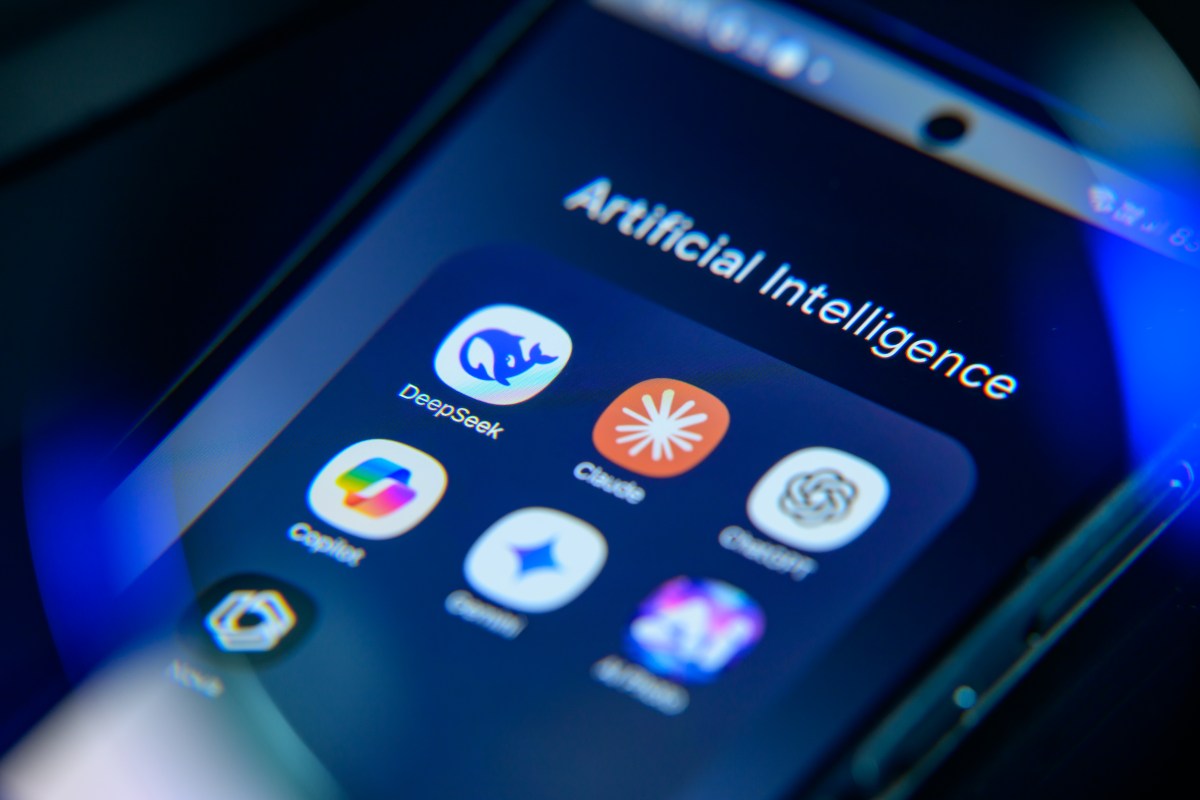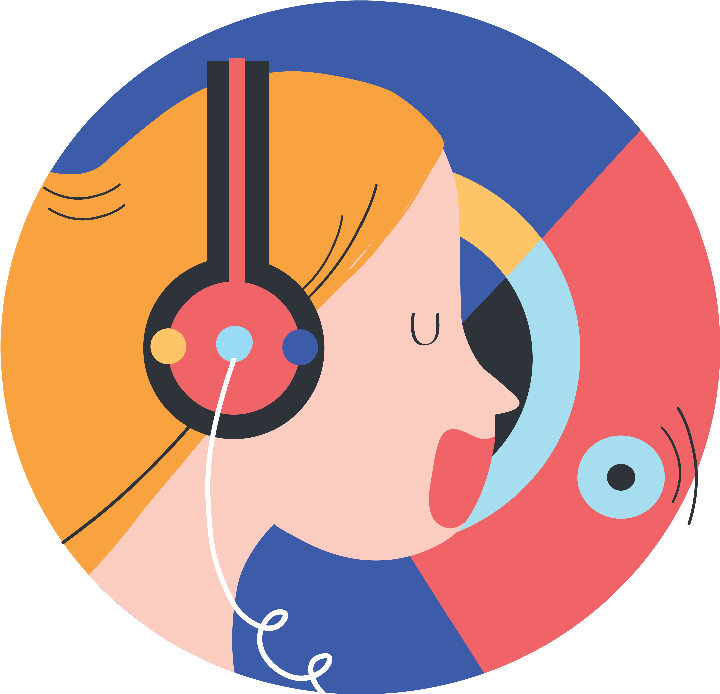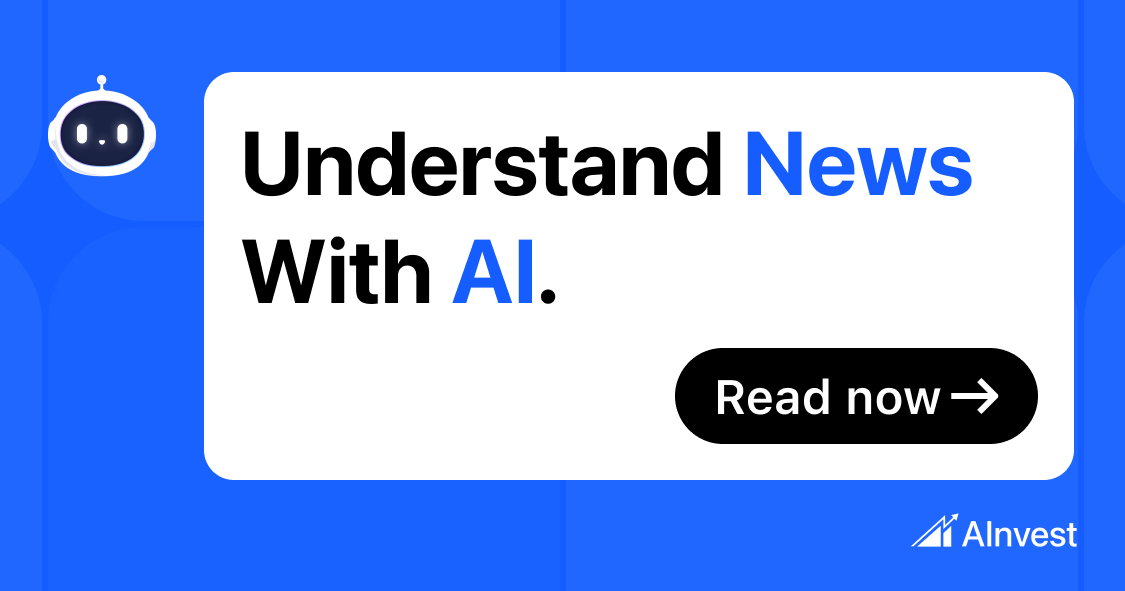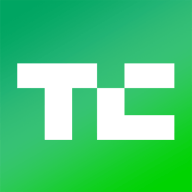According to the latest AI market report from Andreessen Horowitz (a16z), ChatGPT’s competitors – particularly Google’s Gemini and xAI’s Grok – have significantly reduced their gap with OpenAI’s leading chatbot over the past two and a half years. While ChatGPT continues to dominate both web and mobile platforms, the rapid rise of Google and xAI is clear. On the web, Gemini’s traffic already accounts for 12% of ChatGPT’s, while on mobile it reaches nearly half of ChatGPT’s user base. This is largely due to Android integration, as around 90% of Gemini’s audience consists of Android users.
Google has established a particularly strong position, with four of its products featured among the most popular AI tools: alongside Gemini, Google AI Studio (ranked 10th), NotebookLM (13th), and Google Labs (39th). xAI’s Grok has also shown rapid growth: while it had no standalone app at the end of 2024, it now has over 20 million monthly active users, ranking 4th on web platforms and 23rd on mobile. Following the launch of Grok 4 in July 2025, usage jumped by nearly 40%. Meta AI, by contrast, has performed far more modestly, ranking only 46th on the web and failing to enter the mobile top charts. Its weak performance is partly attributed to earlier incidents in which the system publicly shared user posts without clear consent, severely damaging trust.
The report notes that 15 companies consistently appear among the most popular AI products, including ChatGPT, Perplexity, Poe, Character AI, Midjourney, and others offering services ranging from text generation to image editing and audio or video creation. Overall, the a16z analysis highlights that while ChatGPT’s dominance remains unquestionable, the market is becoming increasingly fragmented. The rapid advance of Google and xAI signals intensifying competition, which in the long run may benefit users through more diverse and advanced AI applications.
Sources:













